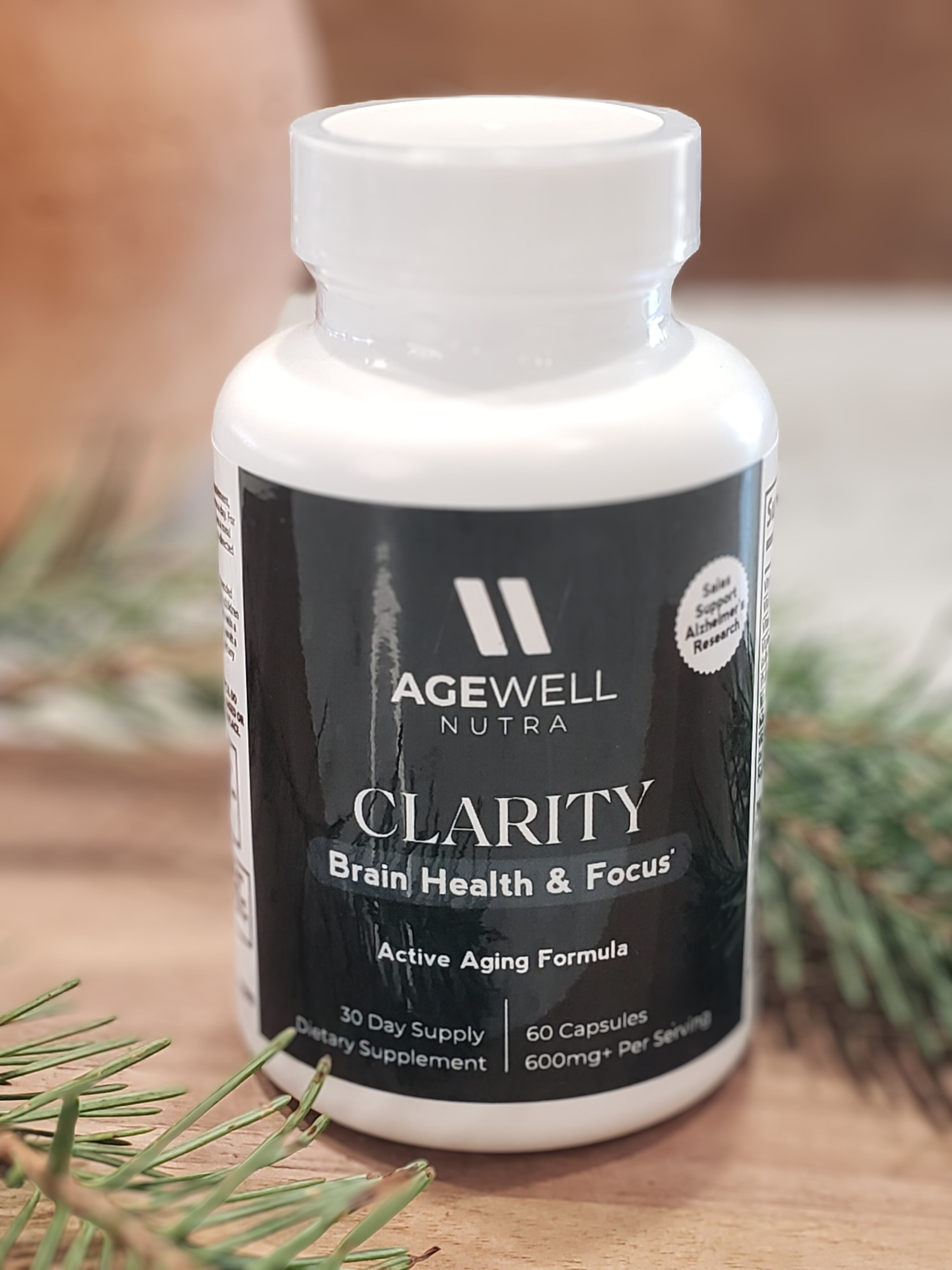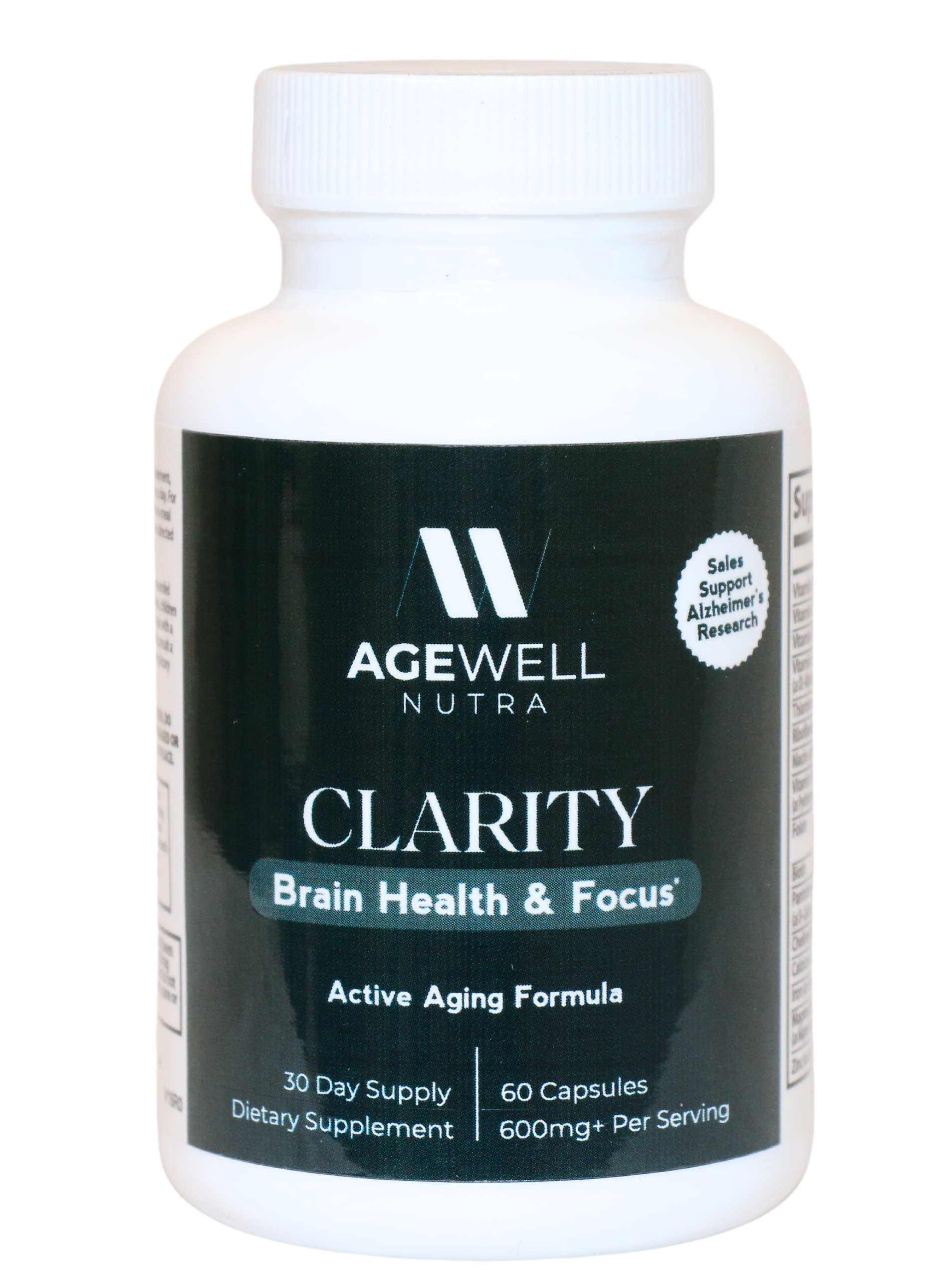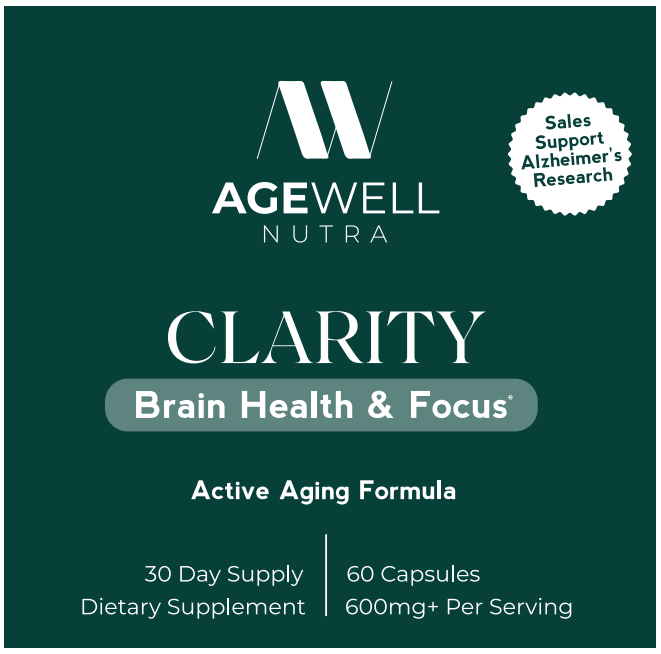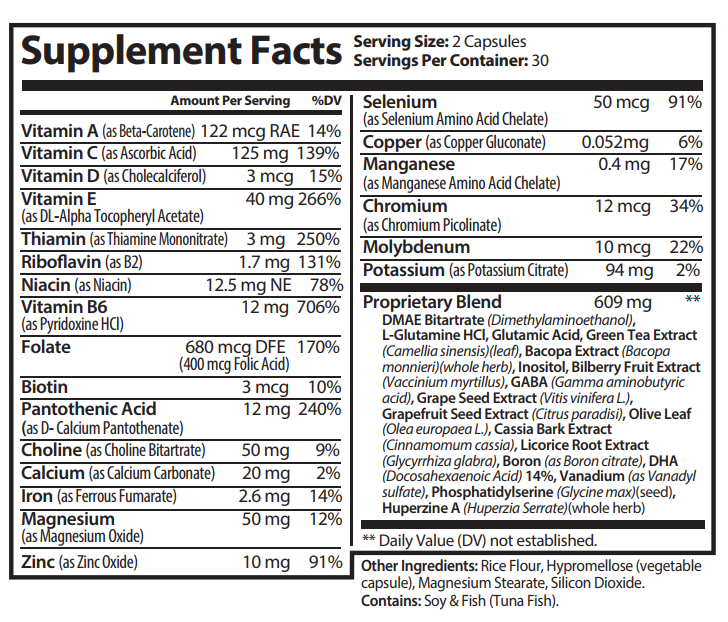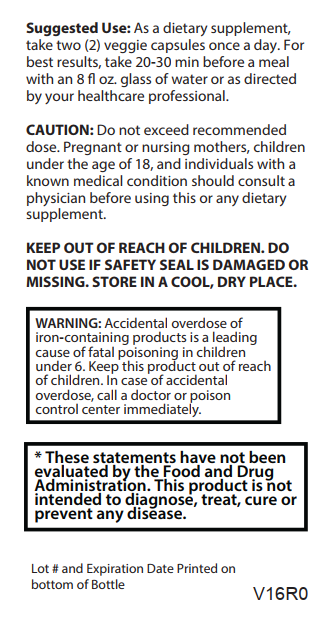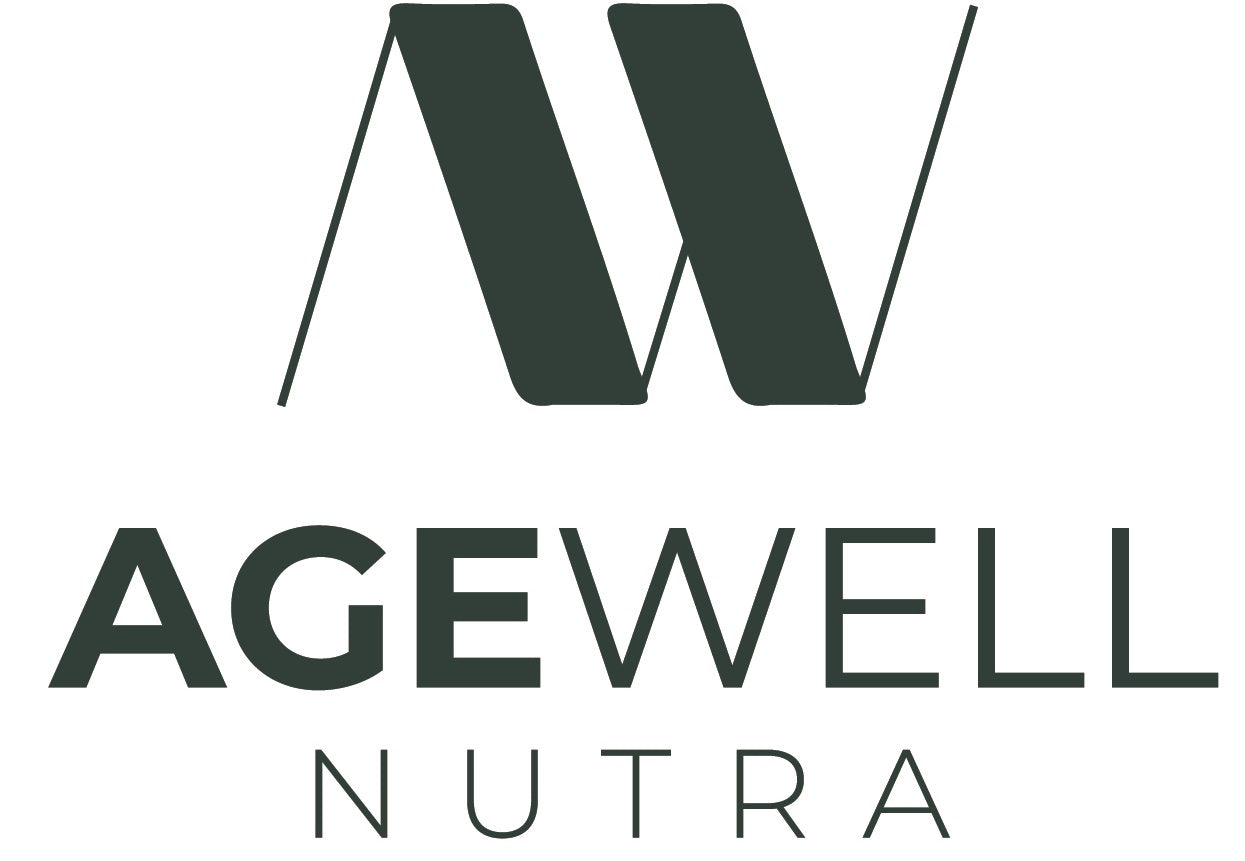Vitamin A
Vitamin A is essential for preserving your eyesight. Vitamin A prevents the development of night blindness and may help slow the age-related decline of your eyesight. Adequate vitamin A intake from whole plant foods may reduce your risk of certain cancers, including Hodgkin’s lymphoma, as well as cervical, lung and bladder cancer.
Vitamin C
Vitamin C plays a role in many body functions. The immune system is a key one, mainly due to vitamin C’s antioxidant properties.
Antioxidants protect the body from oxidative stress. This is a process that, over time, can cause damage to most organs and tissues in the body. Antioxidants are also known to help support the natural abilities of your immune system.
Vitamin D
Vitamin D is a fat-soluble vitamin in a family of compounds that includes vitamins D1, D2, and D3.
Your body produces vitamin D naturally when it’s directly exposed to sunlight. You can also get vitamin D from certain foods and supplements to ensure adequate levels of the vitamin in your blood. Vitamin D has several important functions. Perhaps the most vital are regulating the absorption of calcium and phosphorus and facilitating (Trusted Source) healthy immune system function.
Getting enough vitamin D is important for the typical growth and development of bones and teeth and for improving resistance to certain diseases.
Vitamin E
Your body uses vitamin E for multiple purposes, including protecting you from oxidative stress and supporting your immune system. Vitamin E supplements may be helpful (Trusted Source) for those with certain skin disorders, such as eczema and psoriasis (Trusted Source). Maintaining optimal vitamin E levels and taking supplements may help prevent cognitive decline. Because vitamin E plays important roles in health, such as reducing inflammation and improving immune function, increased intake may benefit people with increased needs or don’t get enough in their diets. This may include older adults.
Thiamin
Thiamine was the first B vitamin that scientists discovered. This is why its name carries the number 1. Like the other B vitamins, thiamine is water-soluble and helps the body turn food into energy. Thiamine helps support many functions within the body, including the nervous system, heart, and brain. Thiamine is important for the production of adenosine triphosphate (ATP). This is a molecule that transports energy within cells. It supports many functions in the body, including muscle contractions and the movement of signals from the brain.
Riboflavin (B2)
B2 (riboflavin). Riboflavin helps convert food into energy and also acts as an antioxidant. Foods highest in riboflavin include organ meats, beef, and mushrooms.
Niacin
Niacin, also known as vitamin B3, is an important nutrient. In fact, every part of your body needs it to function properly.
As a supplement, niacin may help lower cholesterol, ease arthritis, and boost brain function, among other benefits.
Vitamin B6
Vitamin B6 plays an essential role in the metabolic process and in forming hemoglobin. It may help with nausea during pregnancy, improve depression, and prevent cognitive decline.
Folate
Folate is the naturally occurring form of vitamin B9.
Its name is derived from the Latin word “folium,” which means leaf. In fact, leafy vegetables are among the best dietary sources of folate.
Biotin
Biotin is a B vitamin that helps your body convert food into energy.
Also called vitamin H or vitamin B7, it’s important for eye, hair, skin, and brain function. It may also support liver function.
Biotin is a water-soluble vitamin, which means that your body doesn’t store it. As a result, you need to consume it regularly to maintain adequate levels.
Pantothenic Acid
Vitamin B5, also called pantothenic acid, is one of eight B vitamins. It supports blood cell production and the conversion of food you eat into energy. Deficiency may lead to fatigue, headaches, and numbness in the hands and feet.
Choline
Choline is an essential nutrient (2Trusted Source). This means it’s required for normal bodily function and human health. Though your liver can make small amounts, you must obtain the majority through your diet.
Choline is an organic, water-soluble compound. It is neither a vitamin nor a mineral.
However, it is often grouped with the vitamin B complex due to its similarities. In fact, this nutrient affects a number of vital bodily functions. It impacts liver function, healthy brain development, muscle movement, your nervous system and metabolism.
Calcium
Calcium is critical for bone and teeth health, optimal muscle activity, and other body processes such as blood clotting and heart and nerve functioning.
Magnesium Oxide
Magnesium oxide is an inorganic salt of magnesium formed with ions of magnesium and oxygen.
It’s one of many forms of magnesium available for purchase in supplement form. It’s added to dietary supplements as well as over-the-counter medications used to treat constipation, indigestion, and headaches.
Selenium
Selenium is a powerful antioxidant that fights oxidative stress and helps defend your body from chronic conditions, such as heart disease and cancer.
Copper
Copper is a mineral that your body requires in small quantities to maintain good health. It uses copper to form red blood cells, bone, connective tissue and some important enzymes.
Copper is also involved in the processing of cholesterols, the proper functioning of your immune system and the growth and development of babies in the womb.
Manganese
Manganese is essential for bone health, including bone development and maintenance. When combined with the nutrients calcium, zinc and copper, manganese supports bone mineral density. This is particularly important in older adults.
Chromium
According to research, chromium may help lower your triglyceride levels and increase your HDL (good) cholesterol. It may likewise improve insulin sensitivity in people with type 2 diabetes.
By improving insulin sensitivity, chromium enhances your cells’ response to the hormone insulin, which your body needs to regulate blood sugar levels.
For this reason, people with type 2 diabetes may want to add higher chromium foods to their diet.
Molybdenum
Molybdenum is an essential mineral in the body, just like iron and magnesium.
Potassium
Potassium is one of the most important minerals in your body. It helps regulate fluid balance, muscle contractions, and nerve signals. What’s more, a high potassium diet may help reduce blood pressure and water retention, protect against stroke, and prevent osteoporosis and possibly kidney stones.
